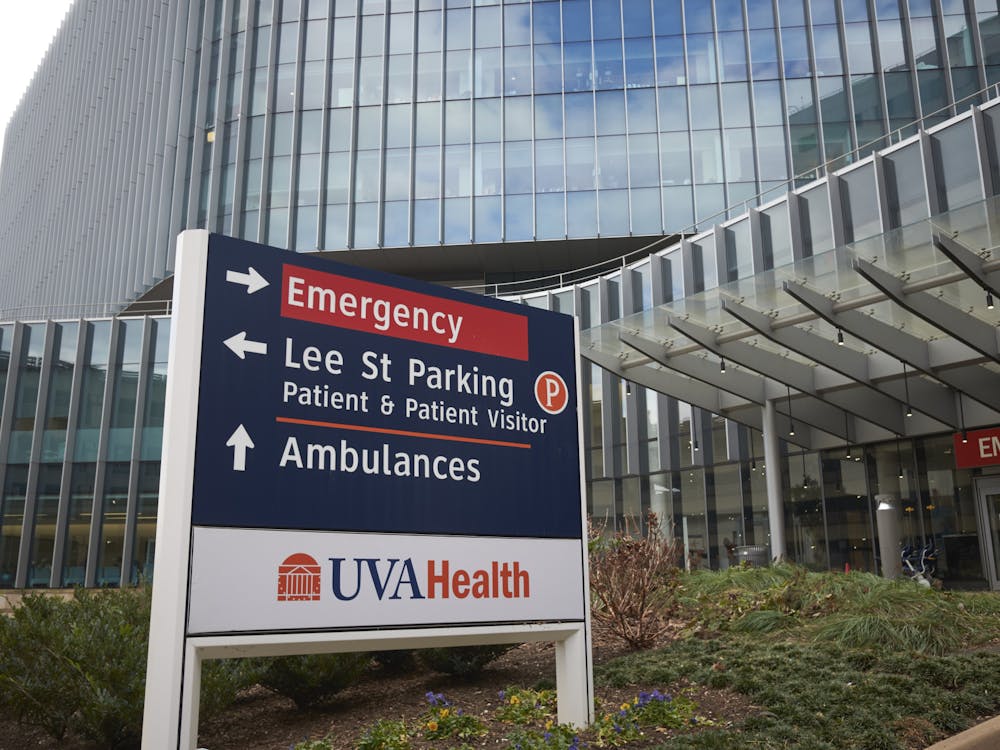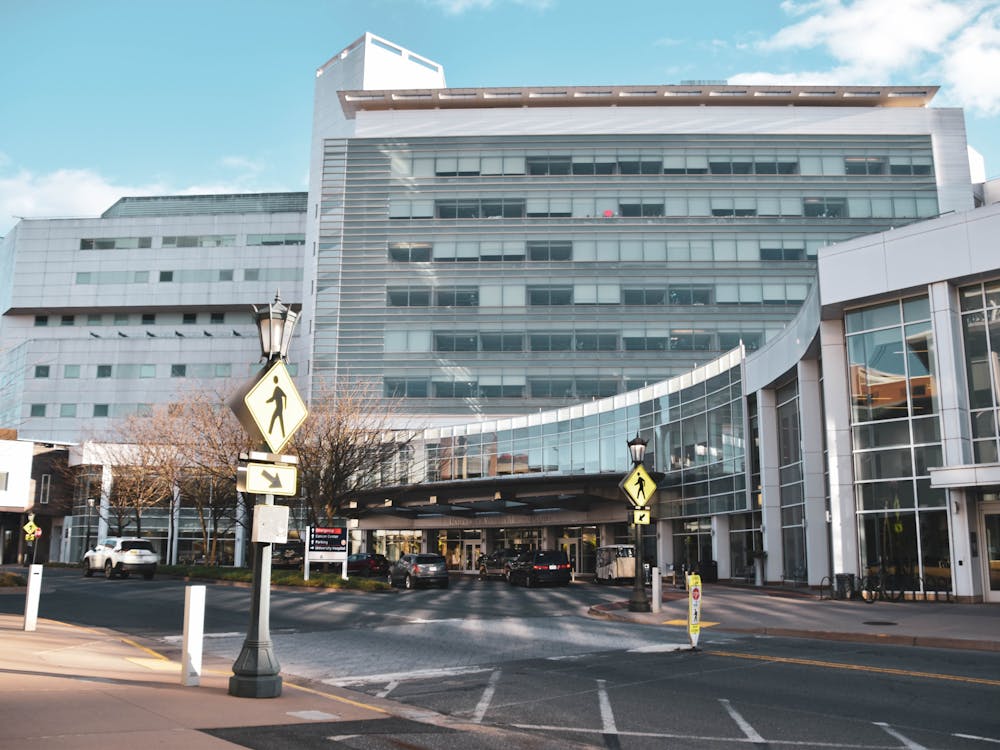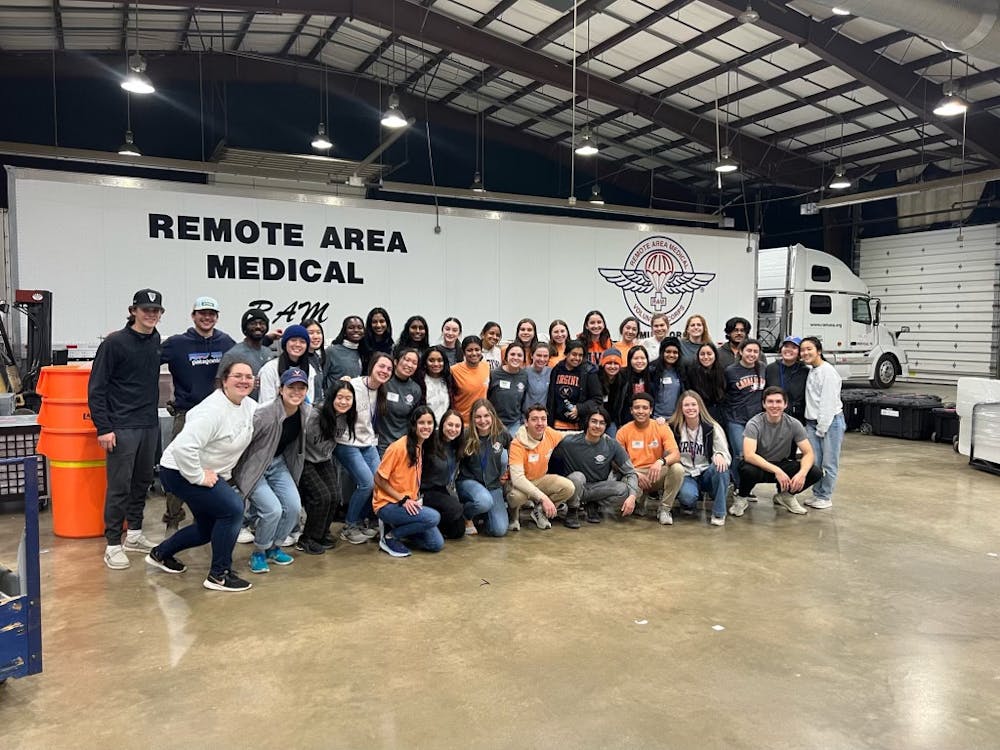Researchers at the Medical School have unveiled a key gene variation linked to an escalated risk of stroke. This detection adds to scientific understanding of the origin of overproduction of the enzyme homocysteine, which is related to cancer, dementia and stroke. Research also examined the conversion of the enzyme methionine into homocysteine — leading to discoveries which may greatly improve understanding of vascular diseases.
“In the current study we identified five genes which are major drivers behind how humans metabolize methionine,” said Stephen Williams, a postdoctoral fellow at the University’s Cardiovascular Research Center and the University’s Center for Public Health Genomics, in an email. “Sequence differences of these genes in people lead to differences in processing of methionine.”
Past attempts to lower homocysteine have been unsuccessful, but Williams’ approach of trying to stop an enzyme called methionine from converting to homocysteine have produced more promising results. Many diseases are triggered by mistakes in the copying or winding of DNA. When methionine is converted from homocysteine, a component may be produced which alters how DNA is wound. Stopping this conversion could alleviate mistakes in DNA copying and therefore reduce the risk of certain diseases.
“One could see that if your genes make this [conversion] pathway work incorrectly, this may impact your epigenome, and thus put you at long-term risk for disease,” Williams said.
Researches began by attempting to determine the cause behind varied metabolism of the conversion process. Around 5,000 participants’ genomes were reviewed, helping researchers to find five crucial genes. A “risk score” was then tabulated which assesses the risk for developing excess homocysteine based on gene variations.
“Our biggest obstacle, like in many genetic studies, was trying to figure out how the differences in genetic code lead to actual biological differences in people,” Williams said. “We came up with some really interesting new ways to model this in cells and are striving to show that people may be impacted in the same way.”
Williams and his team made the discovery by looking into an unknown segment of the conversion pathway. If drugs could be used to stop the process ahead of time, the risk of stroke can be reduced.
“We showed clinical relevance illustrating that one of the same genes that leads methionine processing differences is also a predictor of stroke,” Williams said.
Such findings bring optimism to work in disease prevention.
“Awareness is the biggest key,” Williams said. “As more and more people find out about their own DNA sequence, it is important to know what information is out there and be able to make informed decisions about any and all lifestyle changes a person may make based [on] solid science.”




